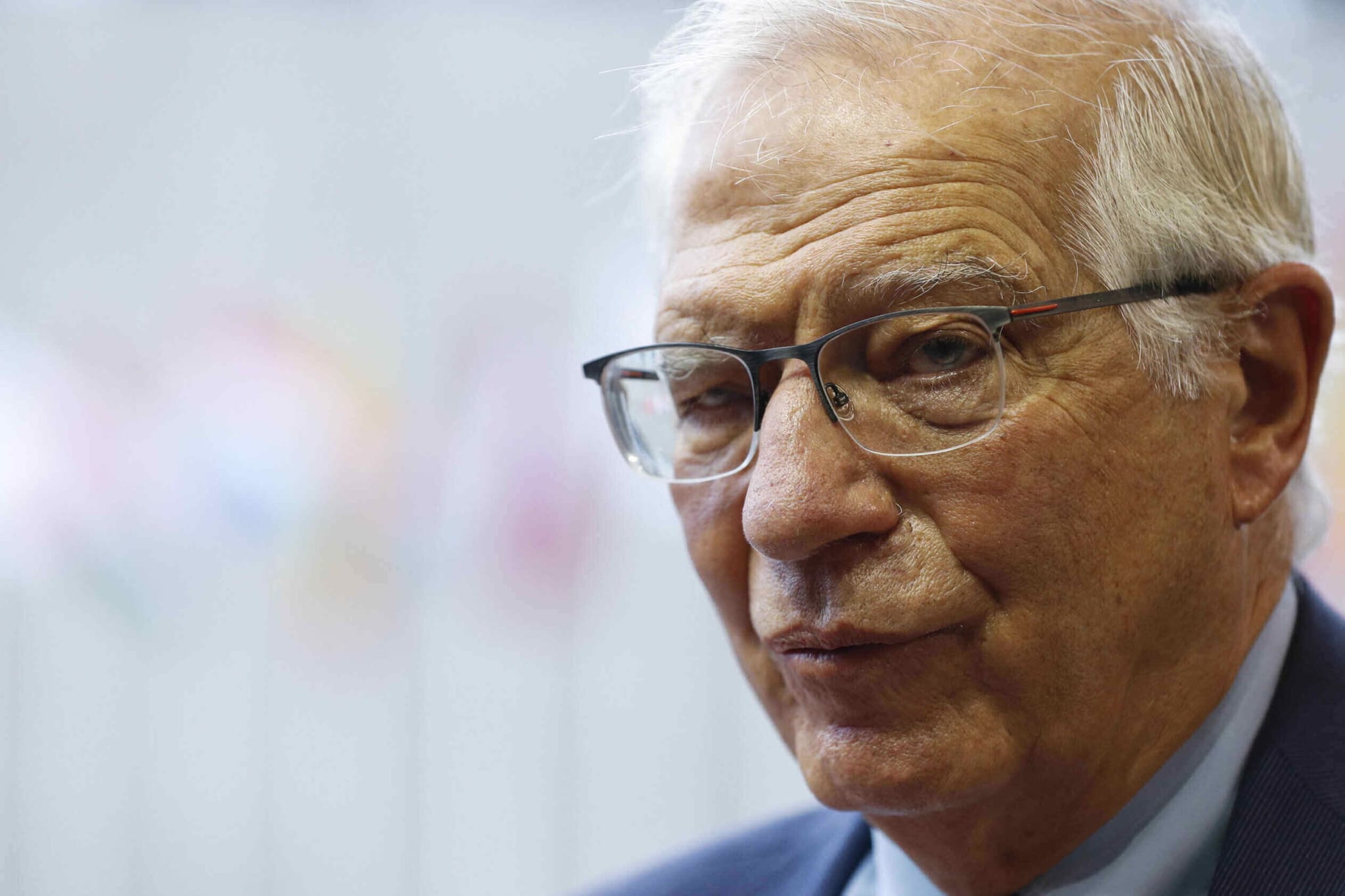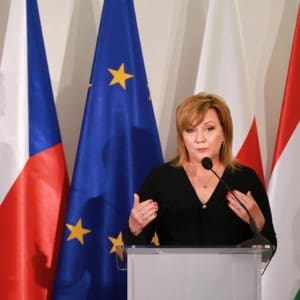The head of EU diplomacy, Josep Borrell, spoke with Iraqi Foreign Minister Fuad Hussein about the growing number of Iraqi citizens arriving illegally in Lithuania, a member state of the European Union. The Lithuanian Border Guard detained a record 171 illegal migrants from Iraq in a single day this week.
Lithuania has recently pointed to the growing number of migrants arriving on its territory from Belarus. According to the AP agency, the country has already detained 3,027 refugees this year.
“This is an issue of concern not only for one member state but for the entire EU. We count on Iraq’s support,“ Borrell wrote after an interview with the Iraqi Foreign Minister on Twitter, assessing the conversation as a good one.
The EU diplomat demanded an explanation of how the airport in the Iraqi capital Baghdad is used to transport migrants. In an interview with the Spanish newspaper El País, Borrell explained that migrants arrive by air from Baghdad to Minsk and then by bus to the Lithuanian border, which they then illegally cross.
According to him, Belarus lets migrants flow to neighboring Lithuania to avenge the sanctions that the European Union has been applying against it since last year. “This is Belarus’ response to sanctions. Unfortunately, migrants are again being used as a weapon,” Borrell said.
European Commissioner for Home Affairs Ylva Johansson called on the member states to help Lithuania strengthen border controls.
Title image: European Union foreign policy chief Josep Borrell talks to journalists prior to a European Foreign Affairs Ministers meeting at the European Council building in Luxembourg, Monday, June 21, 2021. On Monday, EU foreign ministers were set to approve a new set of sanctions against scores of officials in Belarus and prepare a series of measures aimed at the country’s economy. (Johanna Geron/Pool Photo via AP)





